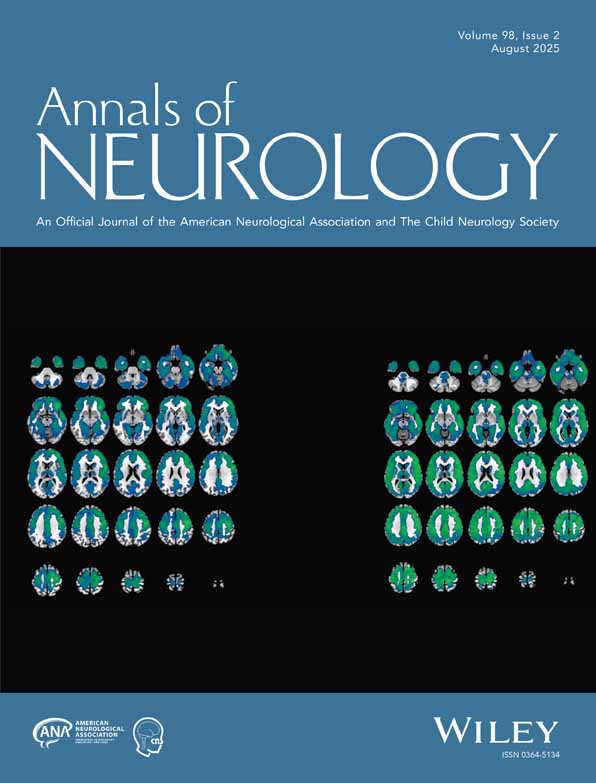Opportunities and challenges in academic neurology: Report of long range planning committee of the american neurological association
Abstract
By most measures, academic neurology is thriving as never before, yet convening forces are changing the face of academic neurology. This report focuses on changes that academic neurology and the American Neurological Association could undertake to seize new opportunities and resist damaging potential changes. These proposals can be categorized in the following four major goals: (1) enhance the quality of a smaller neurology workforce and augment the recruitment gifted young neuroscientists into neurology; (2) foster new diversity in neurological investigation, including clinical research in neurology; (3) document the benefits and relative costs of neurological care, in general, and of academic neurology, in particular; and (4) foster the role of neurologists as teachers to medical caregivers at all levels, including medical students, nonneurological house staff, and primary practitioners.




